
Health care organizations, EMS providers, and community-based organizations throughout Massachusetts are eligible to receive funding to develop a Stroke Community Awareness Collaboration Project. The goal of the initiative is to support organizations, to conduct stroke related community awareness activities within their communities, with special emphasis on reaching people who are at highest risk for stroke, including Black non-Hispanic, Asian non-Hispanic, and Hispanic adults as well as communities who may not be reached through traditional community awareness activities.
Borderland Partners LLC is administering the project.
Click here to review a summary of the project and past success stories.
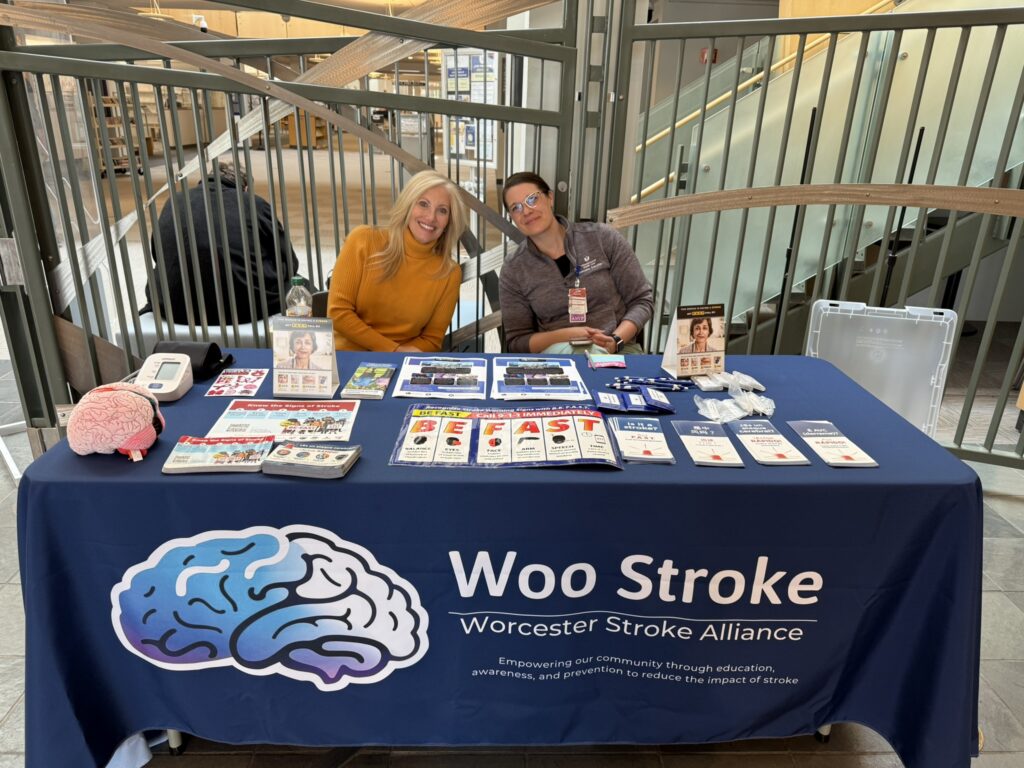
Funding available for community awareness activities

Partnerships of health care providers and community organizations are eligible
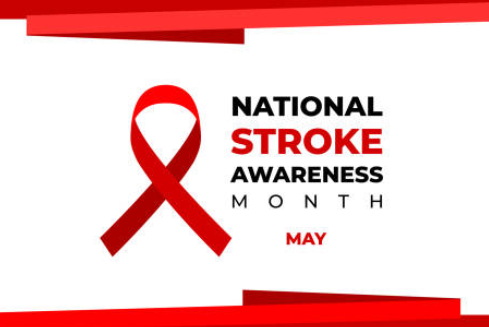
May 2026 – Stroke Awareness Month
Eligibility
The guidelines have been updated from the previous year. Please review them carefully.
Eligible projects must involve collaboration between two or more organizations to carry out stroke awareness activities.
Community awareness activities should be designed to educate the public on the following:
- Signs and symptoms of stroke, including F.A.S.T. or B.E. F.A.S.T.
- What to do if you suspect you, or someone else, is having a stroke
- Risk factors for stroke
- Ways to decrease risk of stroke
Interested organizations should seek out collaborative partners to conduct community awareness activities together. A minimum of two organizations from 2 different domains are required. Collaborations must include at least 1 of the starred (*) partners.
The following organizations may apply together:
- EMS*
- Hospitals*
- Post-acute* [rehabilitation hospitals, home care agencies, skilled nursing facilities]
- Community Health Centers/Primary Care*
- Community-Based Organizations providing resources to at risk populations (eg, social services and/or chronic disease prevention services
- Local health departments
- Faith-based organizations
Examples of eligible activities include:
- Salaries for staff when they are working directly at an event
- Hosting a stroke education table or activity at a local community event that is likely to reach the target population
- Partnering with other organizations to distribute F.A.S.T. or B.E. F.A.S.T. materials to clients during service delivery
- Developing a stroke awareness message to be delivered at a sporting/theater/music event
- Hosting a series of stroke education sessions in-person or virtually during May, Stroke Awareness Month
- Hosting a large/small community education event
- Collaborating with local cable television for stroke awareness messaging
Examples of ineligible activities include:
- Salaries for staff time that is not directly related to carrying out activities
- Indirect (overhead) costs for lead organizations and their partners
- Funding used to educate applicants’/partners’ staff or providers
- Any event where attendees are staff of any of the organizations (for example gala, breakfast, team outing)
- Creating collateral materials that duplicate what is already available in the Massachusetts Health Promotion Clearinghouse
- Equipment or technology that is not directly related to educating the community and/or patients at risk for or recovering from stroke
- Supplementing an existing program that does not primarily educate the community on stroke signs and symptoms
- Providing support for individual memberships for fitness programs
- Mass media efforts, such as paid social media
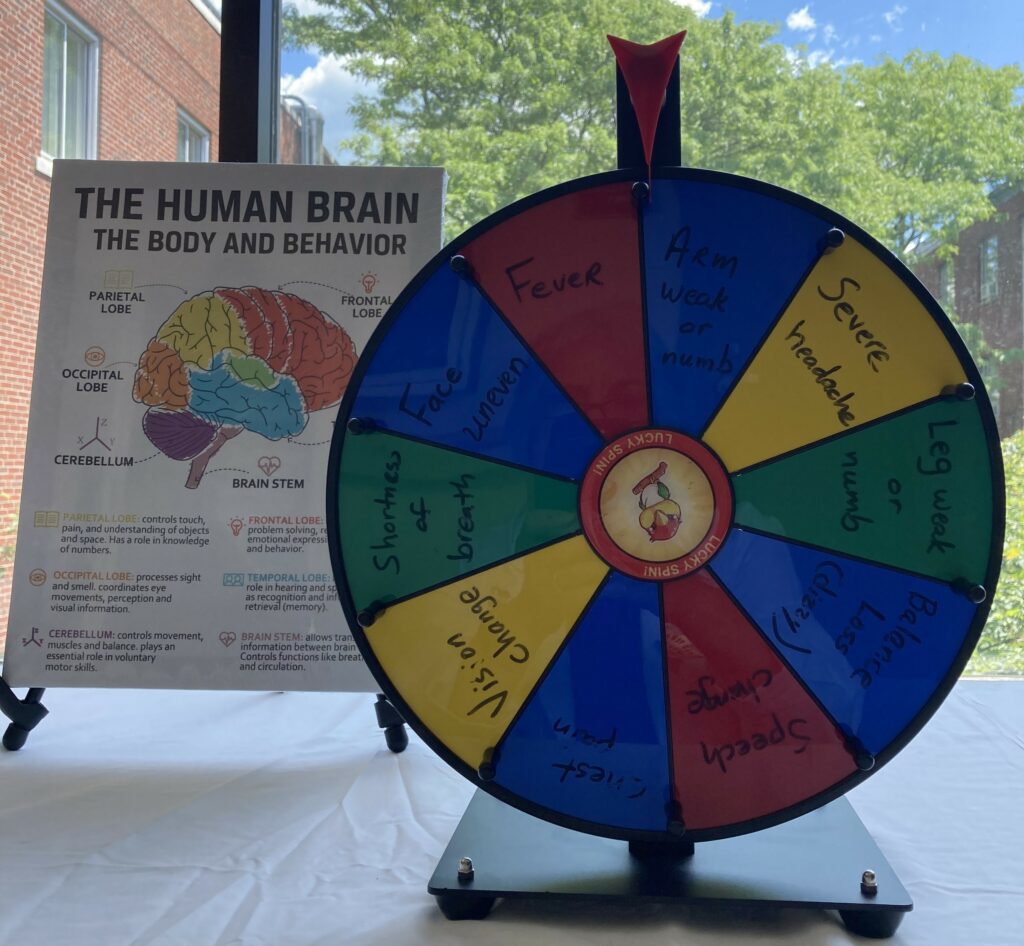
Links to additional materials:
The Wisconsin Chronic Disease Prevention Program has developed a Community Outreach Stroke Awareness Event Planning Toolkit that you may find helpful. It can be found: https://www.dhs.wisconsin.gov/publications/p01861.pdf
You can access free Stroke materials: https://massclearinghouse.ehs.state.ma.us/category/HDSP.html
Priority Populations
This project seeks to reduce health disparities with respect to stroke prevalence through education and community engagement. For this reason, we would like participants to focus on reaching certain Priority Populations, as defined below. We encourage participants to reach as many of these populations as possible — as applicable to their local communities. We recognize outreach strategies may differ depending on the populations you seek to reach.
For the purposes of this project, the Priority Populations include:
- Black non-Hispanic, Asian non-Hispanic, and Hispanic adults
- People who smoke
- People who have diabetes, hypertension, or who have had a stroke in the past
- People with limited English proficiency
- Rural and Urban communities
Budget
Projects will be awarded up to a maximum of $15,000. The number of awards that receive funding will depend on the number of organizations that apply for and meet funding criteria. Each applicant must submit a budget that clearly illustrates how the funds will be used, including the cost of items being purchased and the amount of staff time that will be paid for. Applications that do not submit a clear itemized budget will not be considered for funding.
NOTE: There is a cap on the cost of blood pressure cuffs of $50.00 per cuff.
All funded activities must be completed by Tuesday, June 30, 2026. A Final Report must be completed and submitted by the lead organization within 30 days of activity completion.
Each lead organization must include participation from at least one other organization. A letter of commitment from a partner organization can serve as evidence of intended participation.
Note that the lead organization must be prepared to receive all funding electronically and assume responsibility for:
(a) Distributing funding to partner organizations.
(b) Coordinating all partners attendance at check-in calls as requested by Borderland Partners.
(c) Responding to inquiries and communicating with Borderland Partners in a timely manner.
(d) Submitting a final report describing how the funds were used and the reach and impact of the funded activities.
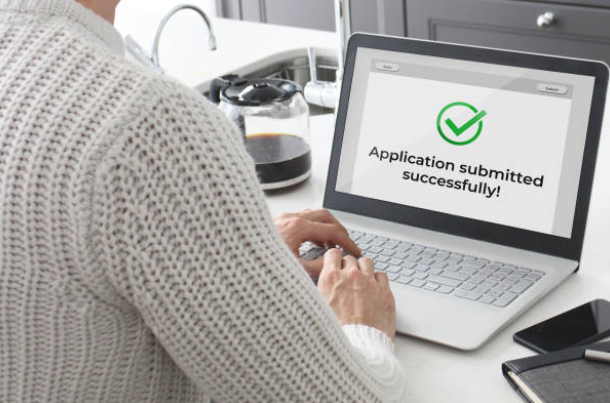
To apply for the funding, please:
- Review the applicant guidelines: Applicant Guidelines
- Download and complete the application and budget (found on the final page of the application): Application Form
- Download and complete the Letter of Participation for each collaborative partner/site: Partner Letter Template
- Submit the completed application, budget, and letter(s) of participation to stroke@borderland-partners.com by Tuesday, February 3, 2026, at 5 pm. No late submissions will be accepted.
Documents should be sent as an email attachment. The email message line should read, “Application for Stroke Community Awareness Collaboration Project Funding” and the attached document should be titled, “[Name of lead organization]application.”
Timeline
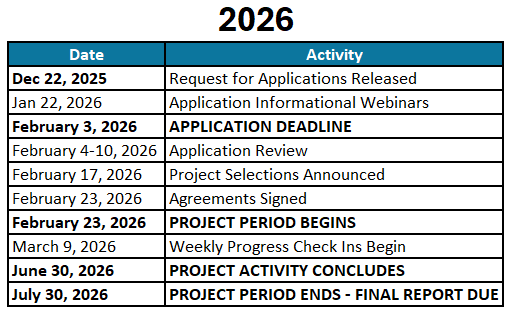
Questions?
Questions about the funding and application process should be directed in writing via email to stroke@borderland-partners.com. No questions will be accepted by telephone.
All questions and answers will be posted on this website within 48 hours of receipt. The deadline for emailed questions is January 27, 2026.
Slides of Webinar Session – Download
Please be sure to sign up for a Q&A session.
© 2022 Borderland Partners LLC. All Rights Reserved

